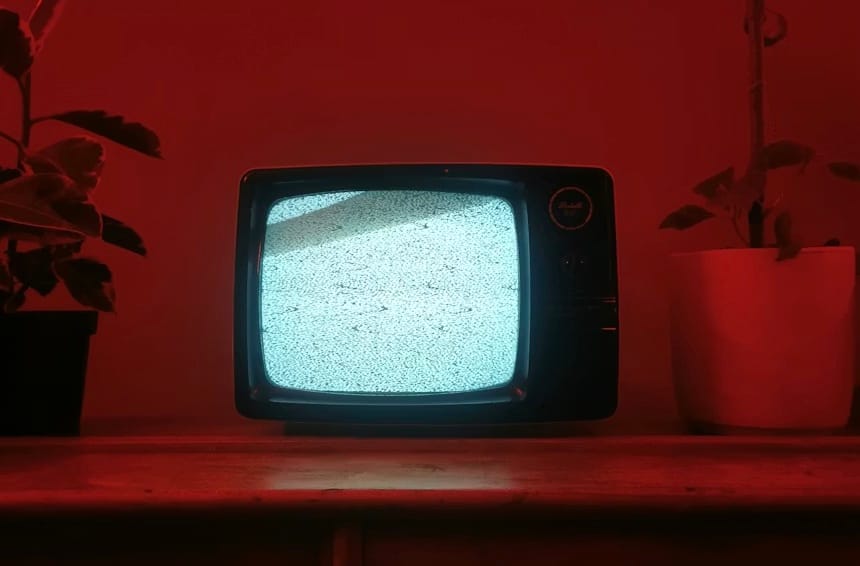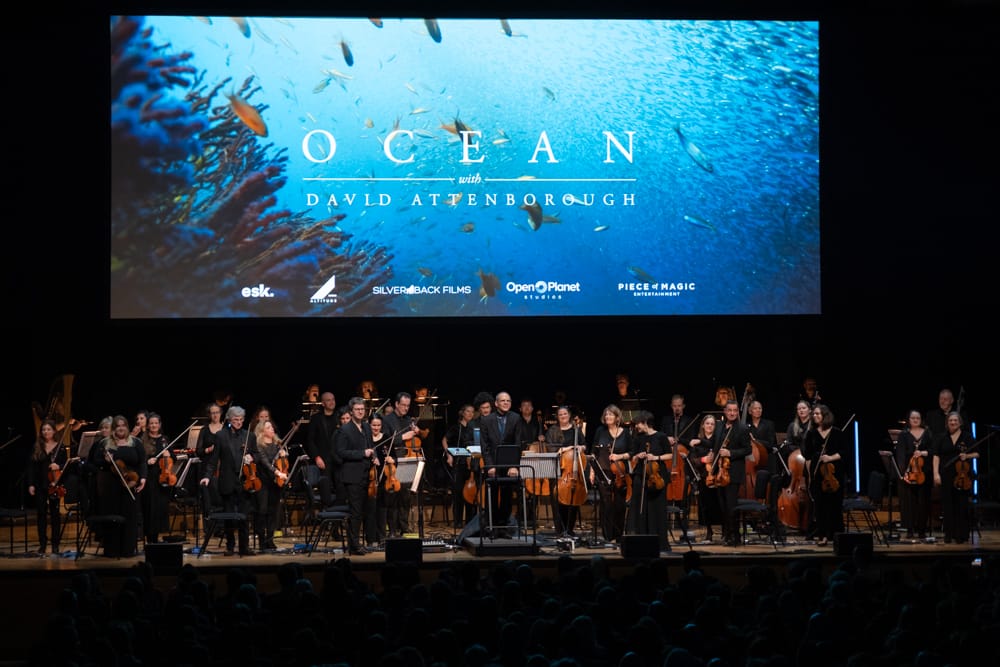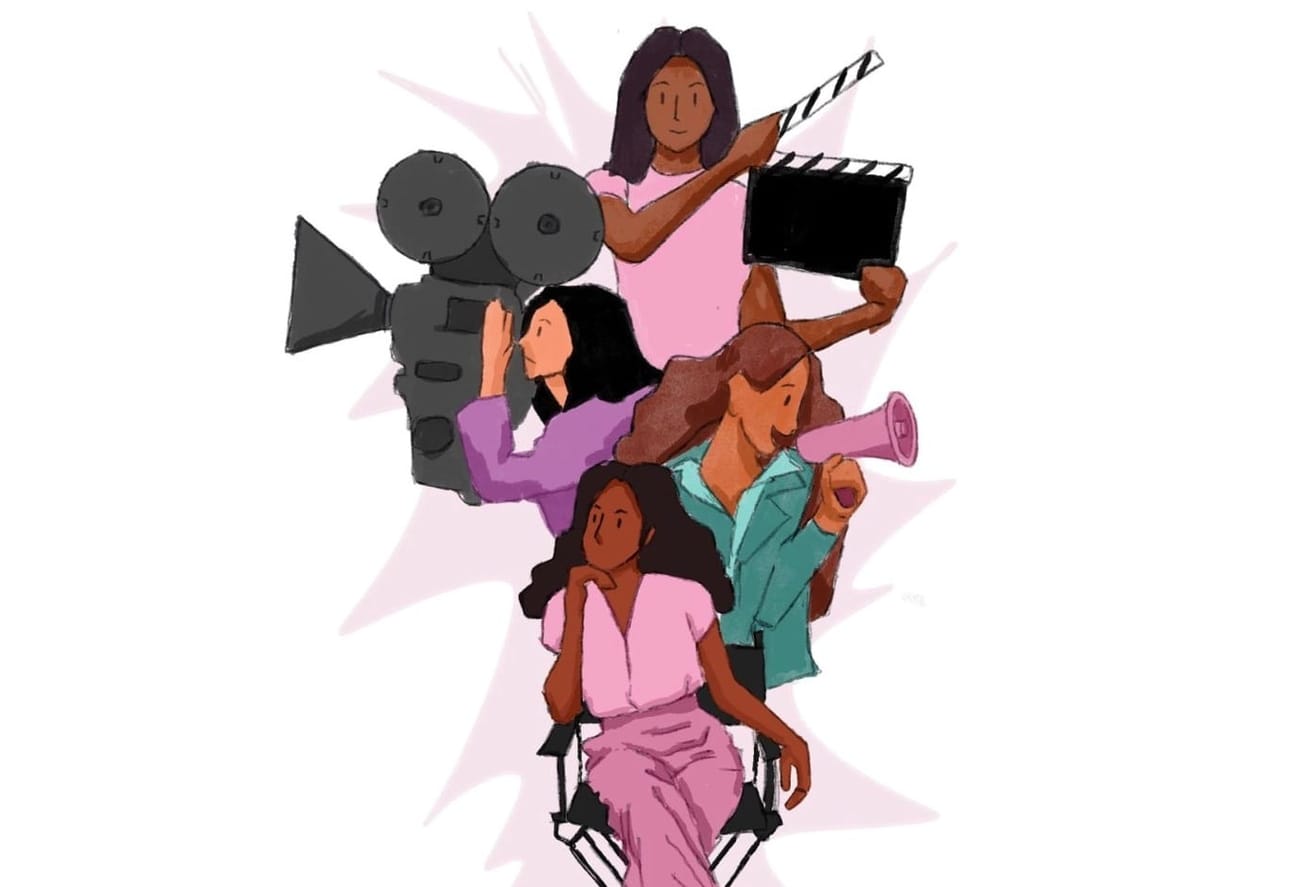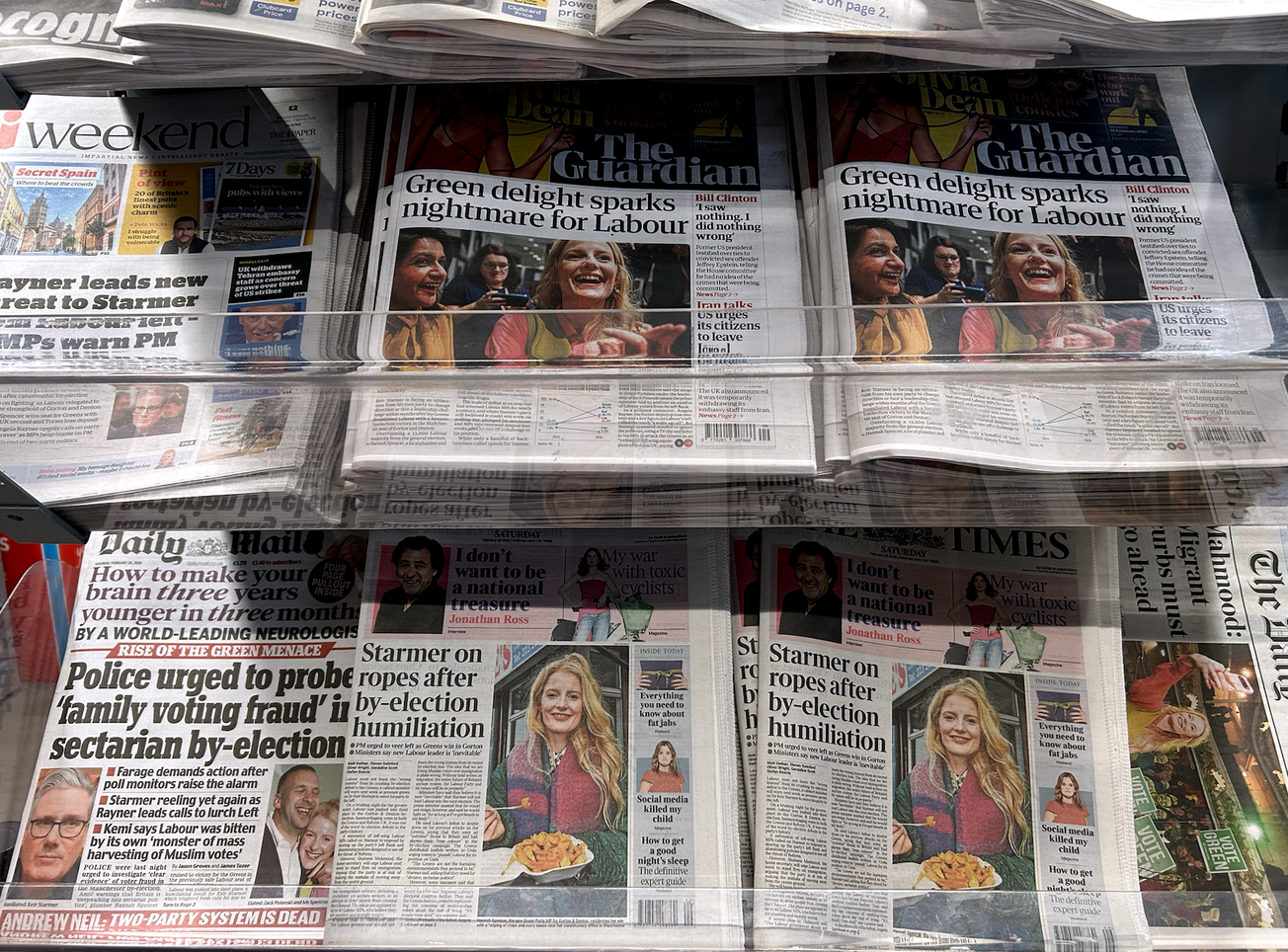By Joanna Stopford, Second Year, English and History
Roughly 10 years ago, I was reluctantly dragged to see the new Christopher Nolan’s Interstellar. I had decided that because the film was ranked 12A, I was far too young to watch such things, convinced it would cause irreparable damage to my brain (I was a paranoid child if you can’t already tell). Irreparable damage it did not cause, but I’m pretty sure if we had snuck an MRI machine in as well as ten-year-old me, my brain would have lit up like a tree on Christmas morning.
For two hours and forty-nine minutes, my eyes were glued to the huge, curved IMAX screen, watching the film unfold in awe. Too soon, the theatre was dowsed in darkness as the credits rolled, and we all stayed for as long as possible until the cleaners entered to pick popcorn off the floor.
In honour of the film’s ten-year re-release, I re-watched the film in cinemas last month, hoping to feel the visual, emotional, and existential astonishment I felt the first time. Watching with a 'slightly' more developed brain, I noticed all the themes I didn’t pick up on the first time. The low hum of environmental anxiety, the hopeless, shot-in-the-dark mission to find new lands, and apathetic companies and governments placing profit over long-term survival. Set in 2067, ten years later, Coopers fan-predicted birth date of 2032 feels eerily soon. It led me to think about other science-fiction books and films, the predictions they have made about the future and the context in which they were written.

I thought of the novel, ‘Do Androids Dream of Electric Sheep?’ by American novelist Phillip K. Dick. Set in 1992, an abandoned human Rick Deckard is left on earth, decimated after a nuclear war. He is tasked with removing androids who would rather live in freedom on earth than in servitude to the remainder of humanity unharmed by radiation. The author clearly feared nuclear disaster, 1968 was a tumultuous year for the Cold War and worldwide disruptive violence, and Dick clearly felt nuclear disaster was a tangible and real threat.
The Soviet Union invaded Czechoslovakia ending their brief period of liberalization and political freedom. Public loved figures were assassinated, like JFK and Martin Luther King. It was also a particularly bloody year in the Vietnam war, with the initial American and South Vietnamese death toll of the Tet Offensive being 2,600 (Tet Offensive - Britannica). War, tension and warped principles all rolled into a huge ball of absurdism and existentialism. Where was the world heading? Who would ensure peace?

This coupled with the dark news of the day and technological advancements such as Apollo 8 orbiting the moon for the first time, created the perfect breeding ground for sci-fi and its exploration of the relationship between humanity and robotics. Rick's internal debate about the ethics of killing animatronics also rings true with current debates about what it means to be human, both in the animal and robotic world. Pigs have been discovered to have greater intelligence than a three-year-old, and chimpanzees can best humans in logic games. We have entrusted AI and machines to drive us from place to place, secure our homes, and record information for our convenience. With continuous studies about animal sentience, and their ability to 'feel' as we humans do, one can only wonder if these experiments will be replicated on robots or AI. Is there a possibility for AI rights in a far but not too distant future?
Some of Sci-Fi's predictions can be scarily accurate. Writers and directors have clearly kept alert, remaining vigilant of any technological developments heading towards disaster, like the tipping of a domino. One of these is Mad Max (1979), inspired by the energy crisis of the 1970s energy, Mad Max imagines a Police officer hunting down Motorcycle gangs in the Australian Plains. Set in an unspecified date, it begins playfully and ominously with "A few years from now..." instilling the feeling that civil collapse is not some far-away distant dystopian vision, but a very real reality for us.

It is easy to see dystopia as a moaning, pessimistic genre, stirring up fear from an endless amount of ‘what ifs?’ inspired by the worst parts of society. Author Bertolt Brecht wrote, ‘Art is not a mirror held up to reality but a hammer with which to shape it’; perhaps this is the case for futuristic sci-fi. With each prediction, we can see what is most feared or desired in the years to come, and act accordingly.
Why do you feel Interstellar is so acclaimed?







